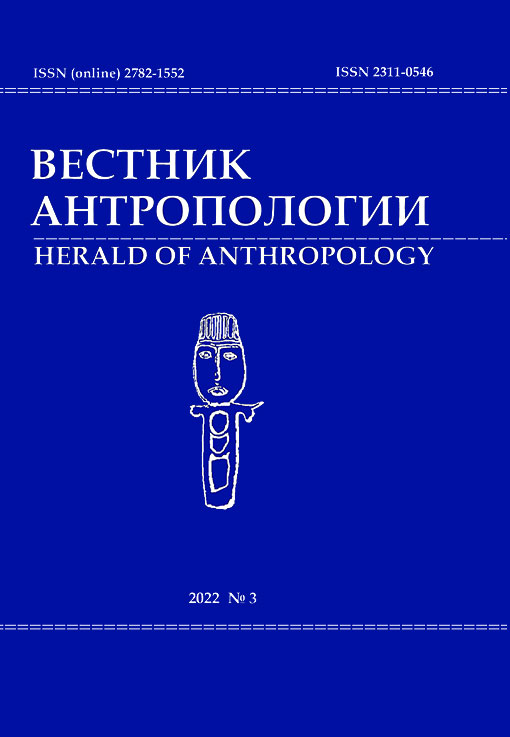National Identity, Ethnicity, and Religiosity in the Families of Tatarstan (based on the ethnosociological survey of 2020)
10.33876/2311-0546/2022-3/121-129
Keywords:
family, identity, ethnicity, socialization, national identity, religiosity, attitudesAbstract
The importance of the article is due to the need to study the mechanisms of value orientations, socio-cultural and social priorities, and national identity in the regions of the Russian Federation. The article is based on the materials of the ethno-sociological study conducted in the Republic of Tatarstan in 2020 among the married city residents. The purpose of the study is to analyze the actualization of the national, ethnic and religious aspects of identity in the families of the Republic and the mechanisms of their formation and transmission between generations. It is concluded that ethnically mixed families are characterized by a more pronounced interest in transferring their ethno-cultural values to their children. Russian and Tatar monoethnic families declare the importance of transmitting ethno-cultural information to children, but this function is delegated either to schools or institutions of additional education (which is more typical for Russian families), or to older relatives (in Tatar families). It is shown that the majority of respondents perceive their national identity as a given and treat it neutrally. However, they are skeptical about the role of state institutions in the development of national identity by patriotic education. The materials of the article may be useful to sociologists, psychologists, social and cultural anthropologists, political scientists, and representatives of governmental structures in charge of family policy issues.





















